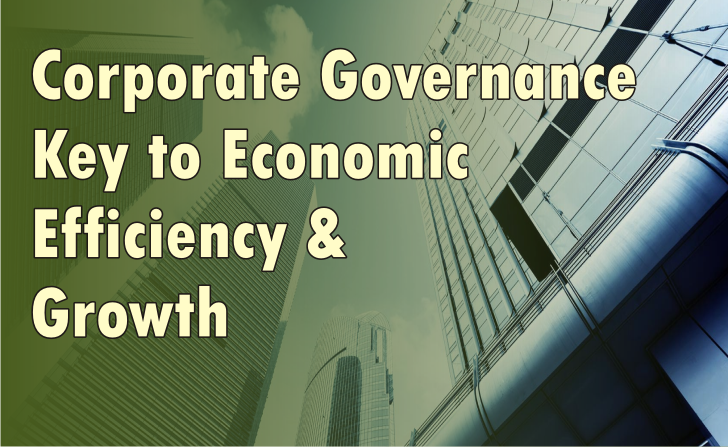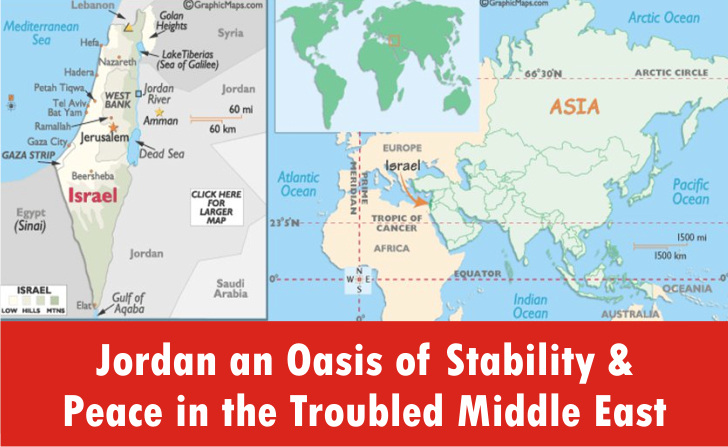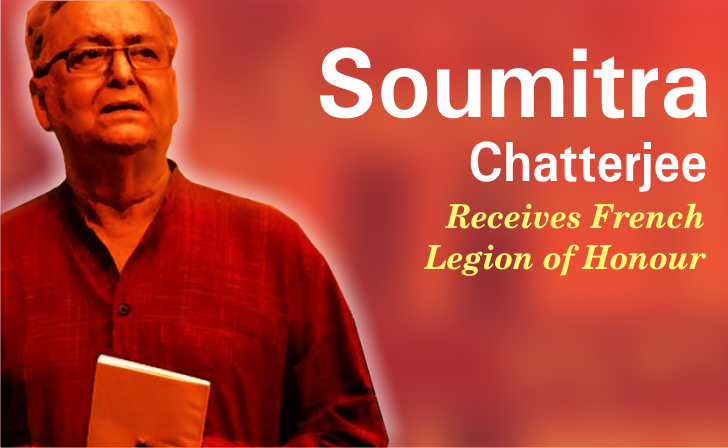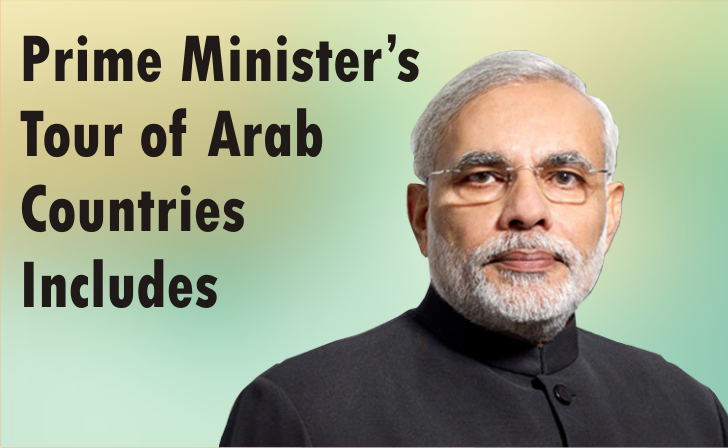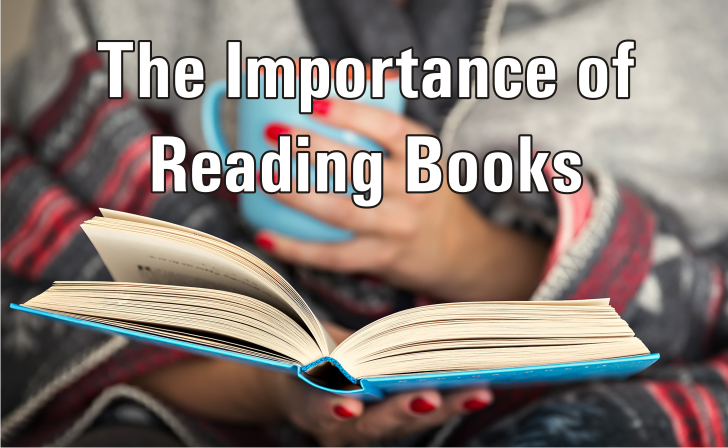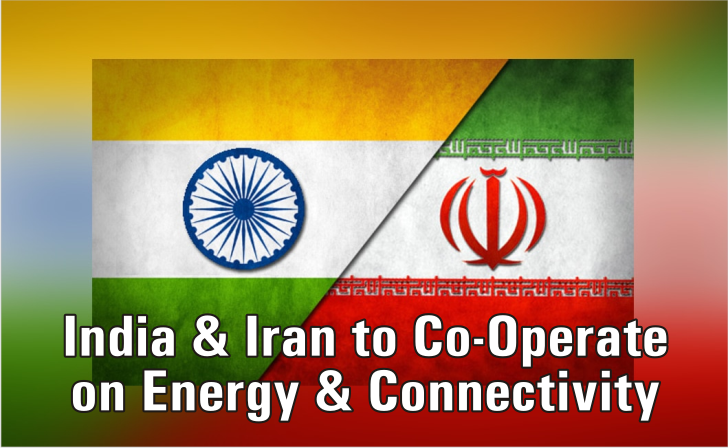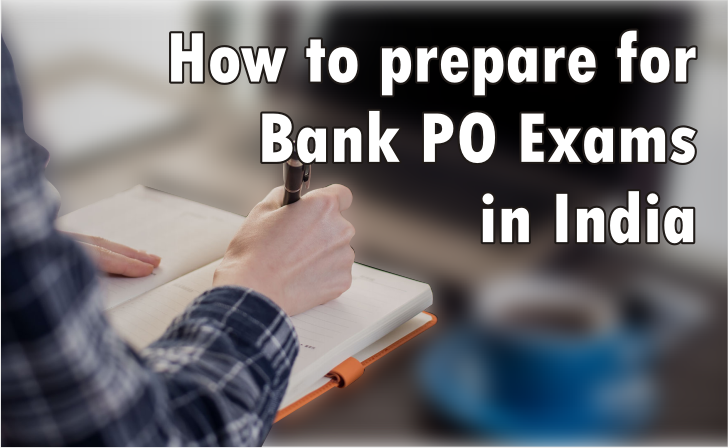In today’s competition world, current affairs constitute the core subject of various syllabi. It is vast but easy to prepare for the competition tests. What is most required in the preparation of current events section is generating interest in what is happening around you globally, as well nationally. The more the interest a candidate takes in current events, the easier it becomes for him/her to master this section. The candidate needs to update them and jot down them on daily basis.
The two major sources which can be consulted for keeping yourself updated with the major happenings is a monthly magazine and a prestigious good newspaper. As for choosing newspaper, “The Hindu” has earned the prestige among the aspirants as one of the most reliable newspapers for preparing current events section for the various tests in administrative, banking and railway services. To speak of the magazine, choose a famous career and educational magazine which can cater to the needs of test-taking students like you. Also make sure as to whether the magazine you are consulting for current affairs knowledge has been verified and acknowledged by Readership survey, Government of India or not. Never read a magazine whose reliability is doubtful. Besides monthlies, also go through quarterlies because quarterlies have also established themselves, in present competition environment, as the major vehicles of current coverage on quarterly basis. The quarterly issue generally encapsulates the competition- oriented happenings over the last three-four months in pithy and abridged format; it is best suited for the revisions in one go for the students at the eleventh hour when there is invariably shortage of time to fully peruse the whole matter. Those who want to appear in IAS /UPSC and State Civil Services Exams should opt for a prestigious Current Affair Year Book (a yearly comprehensive issue) containing the collections of major important events of one year. These current affair year books are best appreciated by the toppers of civil services and eagerly awaited by the aspirants of civil services competitions.
It is wisely recommended that students /examinees while studying the news and current events must devote more time to important global affairs with special reference to national perspective. The hard facts should be learnt first and then attention should be paid to nuances of the news-item. Reading of an opinion piece on a particular topic or subject can also be had with a view to pick more facts from the same. It is noteworthy that opinion writings, though biased, help further grasp the facts you have already known and put them into perspective. Finally, the test-takers should cultivate an attitude in reading between the lines of the news -item with an in-depth analysis, so that the import and content of the same becomes crystal clear to them.


